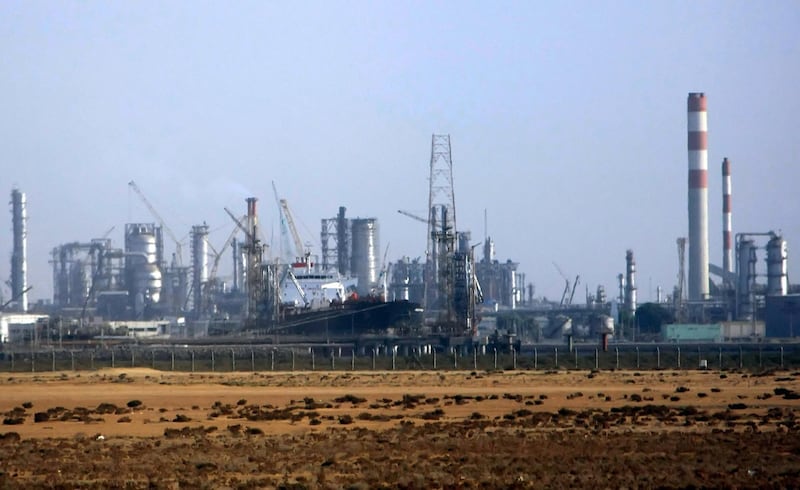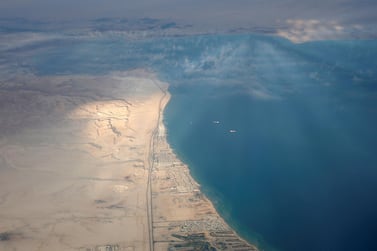Saudi Arabia’s Acwa Power has signed financing agreements worth $700m for one of the world’s largest desalination projects, in the industrial city of Rabigh.
The large-scale seawater reverse osmosis scheme, which has a capacity of 600,000 cubic feet metres per day, will be developed in consortium with Saudi Brothers Commercial Company.
The developers have formed a new entity, Rabigh 3, in which Acwa Power holds 70 per cent interest with SBCC holding the remaining stake.
“We are proud to have closed Rabigh-3 as a demonstrator for how the recent price and technology evolution in reverse-osmosis desalination has made this an affordable and efficient solution for potable water production for countries around the region,” Acwa Power chief executive Paddy Padmanathan said in a statement.
Reverse osmosis is a process in which water flows through a membrane which separates out heavier sediments and salts. Desired minerals like calcium and magnesium are then added to the filtered water before packaging or transporting it for consumption.
The GCC states, which account for much of the desalination projects worldwide, have been switching to the membrane-based reverse osmosis method, which is less energy intensive.
The Rabigh 3 project, which is one of the many such schemes being executed along the eastern and western coasts of Saudi Arabia is set for a commercial start-up by end of 2021.
The plant will cater to water demand in the Makkah Al Mukarramah and Jeddah areas, particularly during peak seasons of Ramadan and Haj.
A consortium led by a subsidiary of Power China, Spanish utilities developer Abengoa and French energy firm Veolio were awarded the engineering, procurement and construction contract to execute the scheme.
Riyadh-based Acwa Power, which counts the sovereign Public Investment Fund as one of its shareholders, won the project in November at a record tariff of $0.53 per cubic metres.
The transaction was financed through limited recourse ring fenced project financing with France's Natixis, Japan’s MUFG, as well as Saudi banks SAMBA and Riyad as the initial mandated lead arrangers. Riyad Bank had previously provided an equity bridge loan for the transaction.








